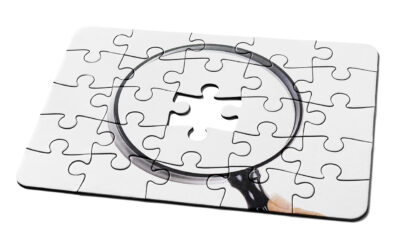WHILE BIG-TICKET and dramatic workers’ comp claims make headlines, the reality is that the more run-of-the-mill injuries are the ones that end up costing employers the most.
That is especially true for slips, trips and falls and related injuries, which can often turn out to be the most expensive workers’ compensation claim an employer experiences.
Slip, trip and fall claims account for nearly one-quarter of all workers’ comp claims and some 300,000 workplace injuries every year, according to the National Council on Compensation Insurance. Slips, trips and falls also account for nearly 1,000 workplace deaths annually.
While the average cost of a slip, trip and fall claim was $47,516 in 2018, according to the most recent statistics available from the National Council on Compensation Insurance, there are a number of hidden costs to employers as well.
These include lost productivity, the cost of additional overtime for workers that cover for their injured colleague, and hiring and training a replacement for when the worker is mending.
Also, the cost of one claim can send your company’s X-Mod higher.
With these grim statistics in mind, it should be a priority for your company to do all it can to minimize these expensive and easily avoidable claims.
HIGH-RISK AREAS AT WORK
Where floors can become wet or oily
- Slippery or uneven external grounds
- Sloping surfaces
- Work areas where lifting and carrying, pushing and pulling tasks are performed
- Areas where the pace of work causes people to walk quickly
- High pedestrian traffic areas
- Constantly changing worksites, such as building projects
- Unfamiliar locations, client sites
- Accident locations that have not been secured and cleaned up.
REDUCING CHANCE OF MISHAPS
- Immediately clean up any water or grease – the leading causes of slips – on floors.
- Install slip-resistant flooring (with a 0.50 or greater coefficient of friction) with deep profiles for draining wet areas.
- Require staff to wear slip-resistant shoes in areas where conditions increase the slipperiness of floors, such as kitchens.
- Make sure that you keep floors clean and uncluttered of items that people can trip over.
- Fix damaged or uneven floors and steps.
- Pay attention to your cords, leads and cables and make sure they are not in any area where someone would walk.
- Ensure that there is adequate lighting in work areas, stairs and passageways, as well as in sidewalk and parking areas.
- Prepare for adverse weather conditions such as ice, snow and rain by using walk-off mats at all entrances and a good supply of walkway cleaning supplies.








